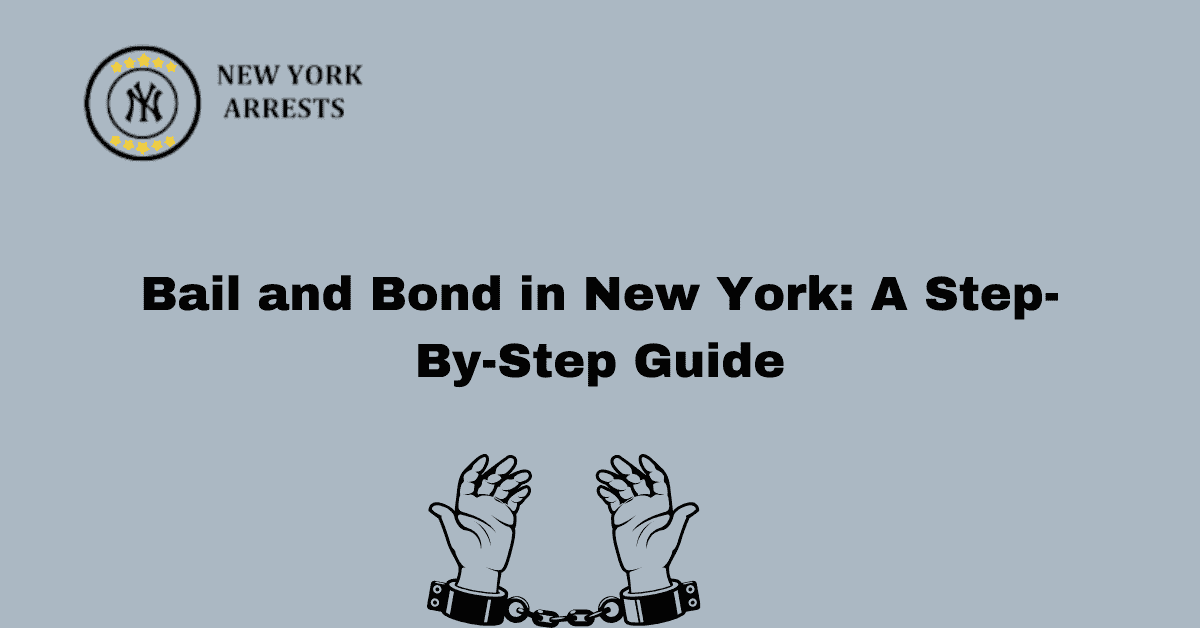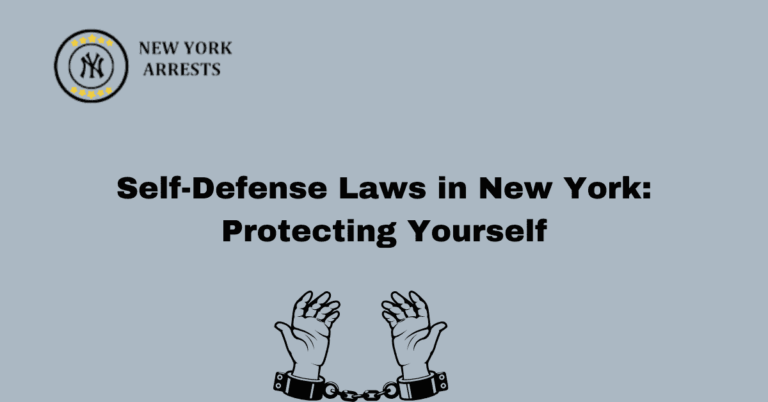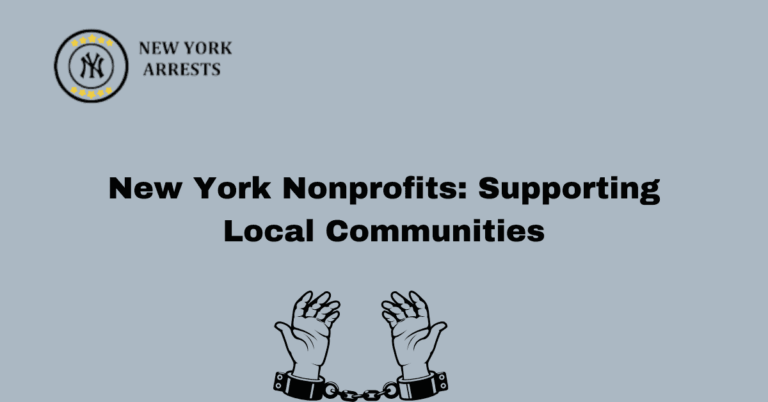Bail and Bond in New York: A Step-By-Step Guide
Bail and bond in New York can be a complex and confusing process for many individuals. Whether you find yourself on the wrong side of the law or are supporting a loved one who is, understanding the ins and outs of the bail and bond system is crucial. In this step-by-step guide, we will break down the process, explain key terms and concepts, and provide helpful tips to navigate through the New York legal system.
Bail and Bond System in New York
When it comes to the legal system in New York, the process of bail and bond can often be complex and confusing. Whether you or a loved one find yourselves facing legal issues, it is crucial to understand the ins and outs of this system. In this step-by-step guide, we will break down the process, explain key terms and concepts, and provide helpful tips to navigate through the New York legal system.
What is Bail?
Bail is a process in which a defendant pays a certain amount of money to the court as a guarantee that they will appear for their scheduled court dates. It serves as a way to temporarily release the defendant from custody while their case is pending.
The Role of a Bail Bondsman
In some cases, defendants may not have the funds to pay the full bail amount. This is where a bail bondsman comes in. A bail bondsman is a licensed individual or agency that can provide a surety bond on behalf of the defendant. This bond acts as a guarantee that the defendant will appear in court, and the bondsman charges a fee for their services.
Types of Bail Bonds
There are different types of bail bonds available in New York, depending on the nature of the case and the financial situation of the defendant. These include cash bonds, property bonds, and surety bonds, among others. Each type has its own requirements and implications.
The Bail Hearing Process
After an arrest, a bail hearing is typically held to determine the bail amount. During this hearing, the judge considers various factors such as the severity of the crime, the defendant’s criminal history, and their ties to the community. The judge then sets the bail amount based on these considerations.
Posting Bail
Once the bail amount is set, the defendant or their representative can post bail. This involves paying the full amount in cash or utilizing the services of a bail bondsman. It is important to note that bail is not meant to be a punishment but rather a way to ensure the defendant’s appearance in court.
Failure to Appear and Bail Forfeiture
If a defendant fails to appear in court as scheduled, the court may issue a warrant for their arrest and declare the bail forfeited. This means that the defendant loses the money or collateral they posted for bail, and a new bail amount may be set if they are rearrested.
FAQs
What is bail and bond?
Bail and bond are legal terms used in the criminal justice system. Bail refers to the temporary release of a defendant from custody, typically through the payment of a set amount of money. Bond, on the other hand, refers to a financial guarantee provided by a bail bond agent to secure the release of a defendant.
How does the bail process work in New York?
In New York, when a person is arrested, they may be eligible for bail depending on the severity of the crime and their flight risk. The bail amount is typically set by a judge, and if the defendant cannot afford to pay the full amount, they can choose to work with a bail bond agent.
What are the advantages of using a bail bond agent?
Using a bail bond agent can be beneficial in several ways. First, it allows defendants who cannot afford to pay the full bail amount to secure their release. Additionally, bail bond agents have expertise in navigating the legal system and can provide guidance and support throughout the process.
What are the responsibilities of the defendant when using a bail bond agent?
When using a bail bond agent, the defendant is responsible for paying a fee, usually a percentage of the total bail amount, to the agent. They must also comply with any conditions set by the court, such as attending all required court hearings and not engaging in any illegal activities.
What happens if a defendant fails to appear in court after being released on bail?
If a defendant fails to appear in court as required, it is known as bail jumping. In such cases, the court may issue a warrant for their arrest, and the bail bond agent may hire a bounty hunter to track down the defendant and bring them back to court.
Can bail be refunded if the defendant is found not guilty?
Yes, if the defendant is found not guilty or the charges are dropped, the bail money is usually refunded. However, any fees paid to the bail bond agent are typically non-refundable.







